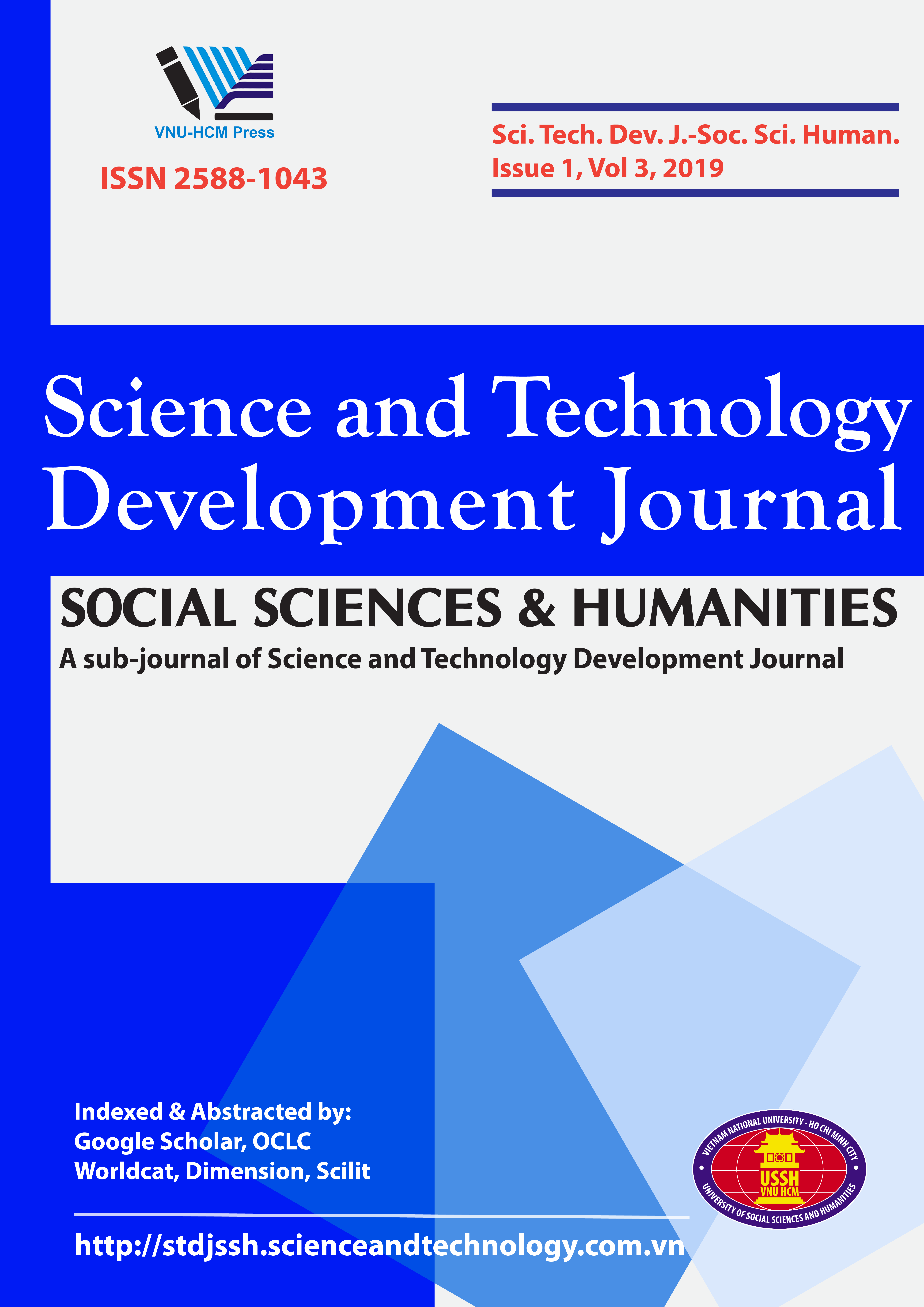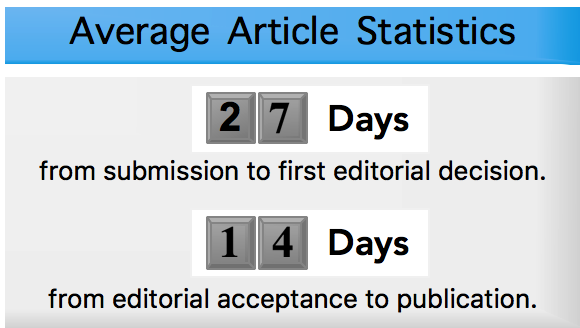Downloads
Abstract
Turkey has gone into a rapid process of transformation especially starting with the 80s. Un on trolled migration from rural areas to urban areas since this date, not only led rural areas to be emptied to a great extent, but also caused emergence of various structural problems in urban areas. One of the forms of living in Turkey that were affected the most by the change and transformation experienced in rural areas is transhumance. Seminomadic animal husbandry carried out in almost all regions of Turkey and the lifestyle related to this face radical changes. The Gerger district, located in southeast Turkey, is one of the areas that experienced this process of change most noticeably. Transhumance, which has been carried out for centuries here continuously, faces significant spatial, economic and socio-cultural transformations. In spatial transformation, regression of animal husbandry activities based on natural environment conditions and occasional emergence of agricultural production become prevalent, while significant differentiations take place in types of residences. Animal husbandry, which used to be a main economic activity in the past, disappeared in dramatic rates and is almost no longer an activity that brings income, which indicates economic transformation; again, loss of influence of a set of social rules that used to be followed precisely and disappearing of some traditions indicate sociocultural transformation.
Issue: Vol 2 No 2 (2018)
Page No.: 65-74
Published: May 18, 2019
Section: Research Article - Social Sciences
DOI: https://doi.org/10.32508/stdjssh.v2i2.491
Download PDF = 358 times
Total = 358 times

 Open Access
Open Access 








